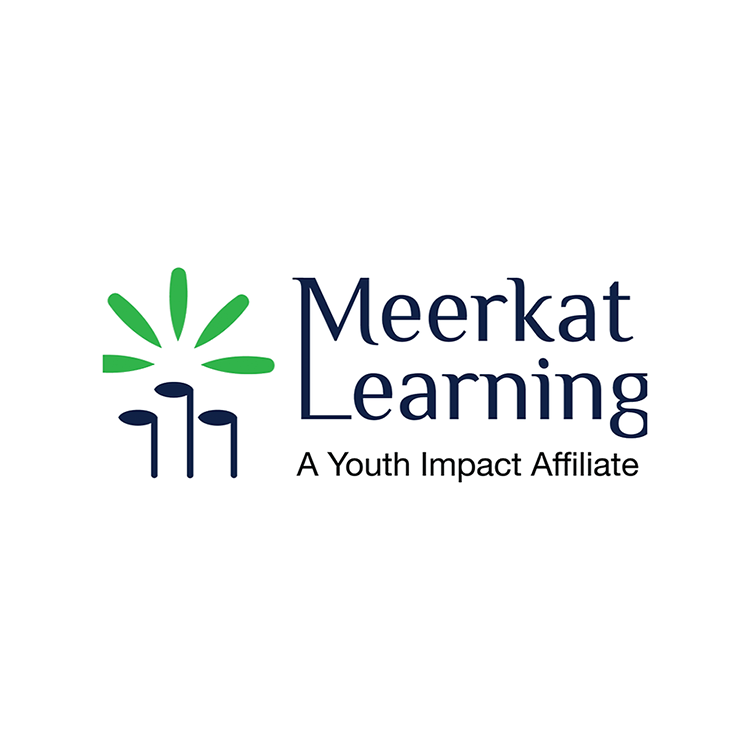Rising Academies
Coaching at scale: How to boost TaRL uptake through remote instructional coaching?
Overview
Location
Namibia
FNL Focus
Literacy
Grades
P1 - P2
Most primary school students in Namibia are at least two years behind grade level in mathematics. A 2024 baseline assessment revealed that less than 15% of 10,000 students (grades 3-6) can solve basic multiplication and division problems. Namibia has lower basic math and literacy proficiency levels compared to Kenya and Tanzania (SACMEQ, 2021).
In 2020, a partnership between the Namibian Ministry of Education, Arts and Culture (MoEAC) and Meerkat Learning formed to implement Teaching at the Right Level (TaRL) as an affiliate of Youth Impact, and with additional support from the TaRL Africa Innovations Fund. In 2022, TaRL numeracy was launched at full scale in one region. The program includes in-service teacher training on targeted instruction and 30-40 day teaching cycles. Uptake was impressive– 92% of teachers were observed implementing. Learning gains were also immediate– innumerate students decreased from 57% to 16%.
In 2023, the MoEAC issued a national endorsement for TaRL to scale up to all 14 regions through the “learning support” policy in which all teachers are required to provide FLN instruction. TaRL is currently implemented in 5 regions, 100 schools, and reaches over 10,000 learners annually. Regional governments cover the direct costs of teacher training. The MoEAC and Meerkat Learning’s focus for 2024-2025 is on A/B testing options for national instructional coaching and monitoring of TaRL. The goal is to reach national scale across all regions by 2030.
Implementation research
The challenges teachers face while adopting new pedagogies are predictable–there is an initial increase of workload, decrease in teacher confidence, and demand for instructional coaching (Fullan, 1982).
However, Namibia, similar to many countries, does not have the structures for education officials to provide FLN instructional coaching to teachers; namely, a 1:15 ratio of education officers and transport for 3 classroom visits (Piper et al, 2018). Therefore, with this award, we aim to utilize A/B testing to explore cost-effective alternative instructional coaching strategies.
Our implementation research questions are:
How can education officers provide remote support to teachers?
How can we provide additional short-term support within the first 3 months of training?
We have the technical capacity for rigorous implementation research on these questions.
The MoEAC and Meerkat Learning co-developed a real-time monitoring dashboard that has been operational for the last two years. We also have a track record of prior rigorous A/B tests and collaboration with Youth Impact, a pioneer of A/B testing. We A/B tested education officers delivering 1-on-1 coaching phone calls with teachers. Results showed coaching calls reduced attrition by 23% and increased learning gains by 25%.
Future tests might include: group coaching calls, whatsapp coaching, and the use of structured call scripts. Our hypothesis for additional support is the use of short-term teacher assistants. We can test the ratio of assistants to schools, assistant responsibilities, and the optimal support time frame. Our ability to conduct rigorous, real-time implementation research uniquely positions us to both optimize programming for Namibia and to create useful public good insights for the field broadly.
Afua Dogbatsey, Head of Partnerships
“We've been using structured teacher guides both in our private schools and in partnership schools. We’ve seen evidence that our teacher guides are effective, however we’ve also seen that the impact is uneven. Our coaches go into schools on a weekly basis to observe teachers and give them feedback. Reports from coaches show that some teachers struggle to use the guides effectively.
We know we really need to support teachers to improve their confidence and competence in using the guides so that we can get the most for our students' learning. We’re excited to dig into this with our research across three countries. We’ll learn more about teacher behavior. How and why do they prepare for lessons and what do they do? This research will get into the user experience of the teachers and identify some bright spots.”
Rising Academies
Related to Meerkat Learning
Resource
BORA cards: 56 cards designed to guide your implementation research
Blog
Going Beyond "What Works" in Implementation Research: Understanding the "How" & "Why
External link
Read more about Meerkat Learning on their website
Blog
uBoraBora Portfolio: Improved learning outcomes through targeted tweaks










